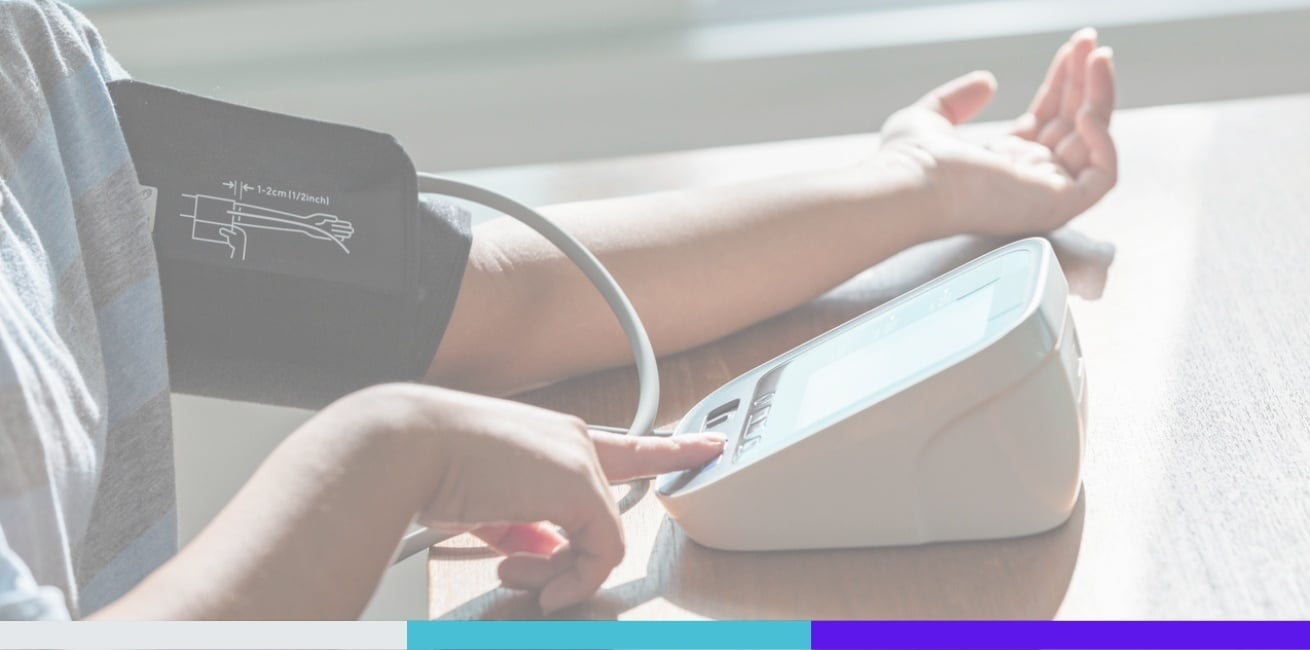Addressing Mental Health: The Vital Role of Remote Patient Monitoring
Healthcare without mental health care is incomplete. For any treatment plan to be truly comprehensive, regardless of the patient’s primary driver(s) for seeking care, it should include a mental health component.
The National Institute of Mental Health estimates that more than one in five adults in the U.S. lives with a mental illness. Many of these affected individuals, however, do not get the professional mental health care they need when they need it. A recent survey found that 45% of individuals in the U.S. with at least one clinical-level mental health condition fail to seek treatment.
Reasons often cited for not seeking mental health treatment are a lack of knowledge of what kind of help to seek or where to get it, a lack of confidence in mental health treatment, stigma, and a lack of affordability. These barriers to getting professional care can be overcome by ensuring that mental health is consistently, proactively, and universally addressed by providers, whether a patient is at their doctor’s office or receiving virtual care.
Remote Patient Monitoring: Addressing Behavioral Health at Home
Remote patient monitoring (RPM), a form of telehealth that leverages technology and medical professionals to interact with patients at a home, school, or workplace, can play a critical role in providing mental health care when a patient is not at the hospital or their provider’s office.
RPM for behavioral health is often divided into two categories. One category addresses long-term care for individuals with chronic mental health conditions, including depression, anxiety, PTSD, and substance misuse. The other category is focused on providing RPM services immediately after patients receive acute inpatient psychiatric care for serious mental illnesses, helping to better transition them back home and prevent readmission.
Mental health RPM programs provide a coordinated combination of services to monitor and treat patients, including behavioral assessments and reassessments through daily surveys, remote provision of psychosocial therapies, metabolic monitoring, and focused, interactive education.
Providing mental health care, however, is not only important for patients where mental health is considered the primary concern.
Dangerous Intersection: Chronic Medical Conditions and Mental Health
Monitoring mental health is particularly important for patients with chronic medical conditions, such as cancer, heart disease, and diabetes.
There is considerable evidence that patients with chronic medical conditions are at greater risk for depression than patients without chronic medical disorders. Conversely, patients living with mental illness are at greater risk of developing a chronic medical condition than patients without a mental illness.
Individuals in the U.S. with diabetes, for instance, are two to three times more likely to develop depression than those without diabetes. However, only approximately 25-50% of diabetics with depression receive treatment for their depression. While a patient with diabetes or any other chronic medical condition can expect to regularly see a battery of medical specialists, a mental health specialist — despite the need — is rarely included as part of the care team.
Such lack of treatment poses not only a concern for a patient’s mental well-being but also their medical health. Several studies have found that patients with a medical condition, particularly a chronic medical condition, and a mental health comorbidity have significantly higher mortality rates than patients with only a medical condition and patients with only a mental health condition.
These strong correlations between medical health and behavioral health demonstrate the importance of addressing the mental well-being of every patient.
Learn More About Helping Your Patients or Members
AMC Health offers mental health RPM programs for patients who are living with a mental health condition with or without a comorbid medical condition. To learn how remote patient monitoring can help address your patients’ or members’ mental health needs, book a meeting with one of our RPM experts.



%20(1).png)



